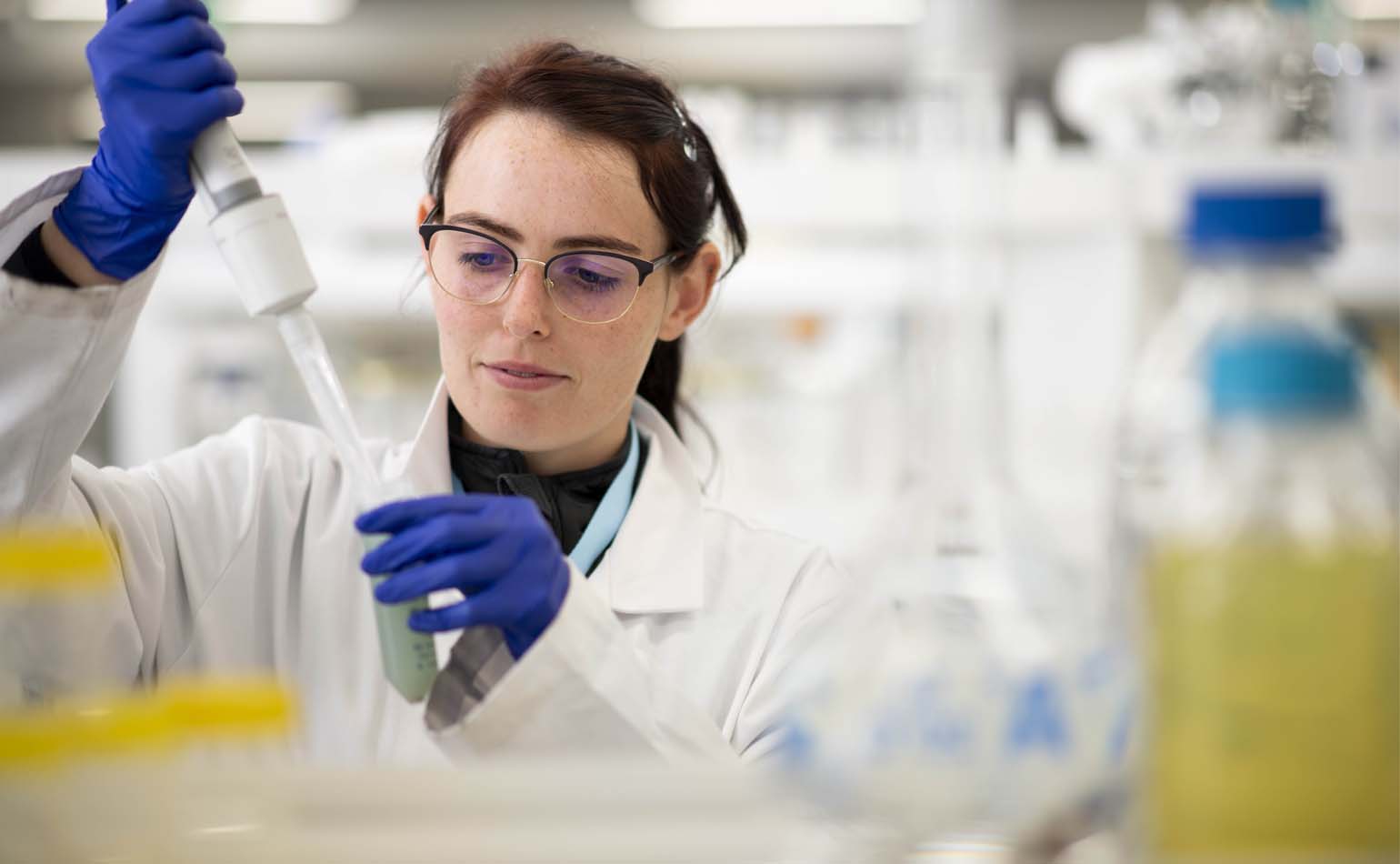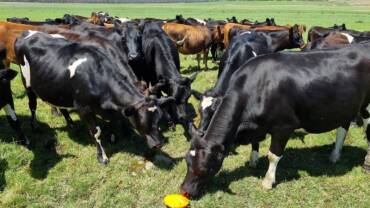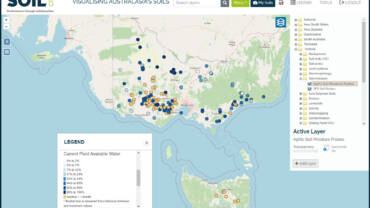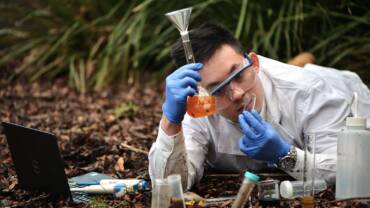$5.6 million funding for new soil research
News | Posted Apr 11,2019The Soil CRC has announced another 15 new research projects, bringing the number of current Soil CRC projects to 24. Collaboration continues to be a key theme with many of the projects linking university and state government research scientists with industry and farmer groups.
The new projects will receive $5.6 million cash from the Soil CRC and leverage $10.8 million of in-kind contributions from CRC project partners. Projects will run over the next two to three years and will deliver tangible benefits for farmers.
From Program 1, Investing in high performance soils, new projects are:
- Why soil management practices are adopted will identify and test the social drivers influencing adoptability of improved soil management practices on farms and will lead to a second phase of understanding policy and institutional settings that also promote adoption.
- Risk assessment of new practices will use integrated risk management software to facilitate collaborative resilience thinking. This in turn will help farmers and their advisers decide on acceptable risk thresholds when adopting improved soil management practices, which ultimately increases farmer productivity and profitability.
- Collaborative approaches to innovation will involve soil researchers, the finance industry and farmer groups working together to establish a shared understanding of the soil-farmer-finance ‘system’, and how best to improve it. This will ultimately enable increased access to lower cost finance for farmers who engage in practices recognised as improving soil security, condition and productivity.
- Surveying on farm practices will survey a range of land managers to better understand their current practice, their decision making, and how they think they will be farming in the future. This will help direct and monitor the impact of Soil CRC research over the next 10 years.
- Building farmer innovation capability will begin the refinement of a partnership approach which builds the long term capability of farmers, through farmer groups, to lead the innovation process from ideation through to commercialisation and adoption.
From Program 2, Soil performance metrics, new projects are:
- Bioindicators for high performance soils will identify soil biology measures that farmers and advisors can use to benchmark and improve soil performance and farm productivity.
- Affordable rapid field-based soil tests will develop an affordable field-based tool kit for farmers to quickly determine soil chemical properties on their farm. This will enable farmers to make informed decisions about their soil management far quicker than they are currently able to.
- New sensors for measuring soil nutrients will provide farmers and their advisors with tools to help them make the best possible decisions in nutrient and water management, which will maximise both farm profitability and environmental sustainability.
- Smelling soil will test a prototype eNose and a range of sensors for use in assessing soil biology activity by smell. The eNose will be developed in consultation with farmers to ensure its usefulness and relevance.
From Program 3, New products to increase soil fertility and production, new projects are:
- New products for subsoil constraints will harness recent advances in chemical engineering techniques and development of innovative organic-based amendments to more effectively address subsoil constraints.
- New amendments for sandy soils proposes that step changes towards high performance sandy soils will come from permanently raising their reactive surface area, with added clay or recalcitrant organic matter or both. The results will help farmers to manage their sandy soils more productively.
- Application of liquid biosolids will explore the agronomic benefits and the environmental effects of sewage sludge application taken from wastewater lagoons, and directly injected into the subsoil.
From Program 4, Integrated and precision soil management solutions, new projects are:
- Addressing complex soil constraints will aim to facilitate increases in plant productivity and to develop more resilient cropping systems. The results will allow growers to identify the upper limit of production from their soils and will inform site and amendment selection for future field studies, which it turn can help farmers to best manage their soil.
- Evaluating soil functional resilience will address a lack of practical protocols for measuring soil health indicators of high performance soils. It aims to provide an improved understanding of relationships between compaction and drought stresses, soil ecosystem resilience and functionality and sustainable crop productivity and profitability.
- Regenerative farming systems will take a co-innovation approach with researchers, farmers and extension practitioners working together to quantify the effectiveness of regenerative farming systems for improving soil performance across defined soil and climate constraints.
The Soil CRC is supported by the Australian Government’s Cooperative Research Centres Program and by its 39 participants.





